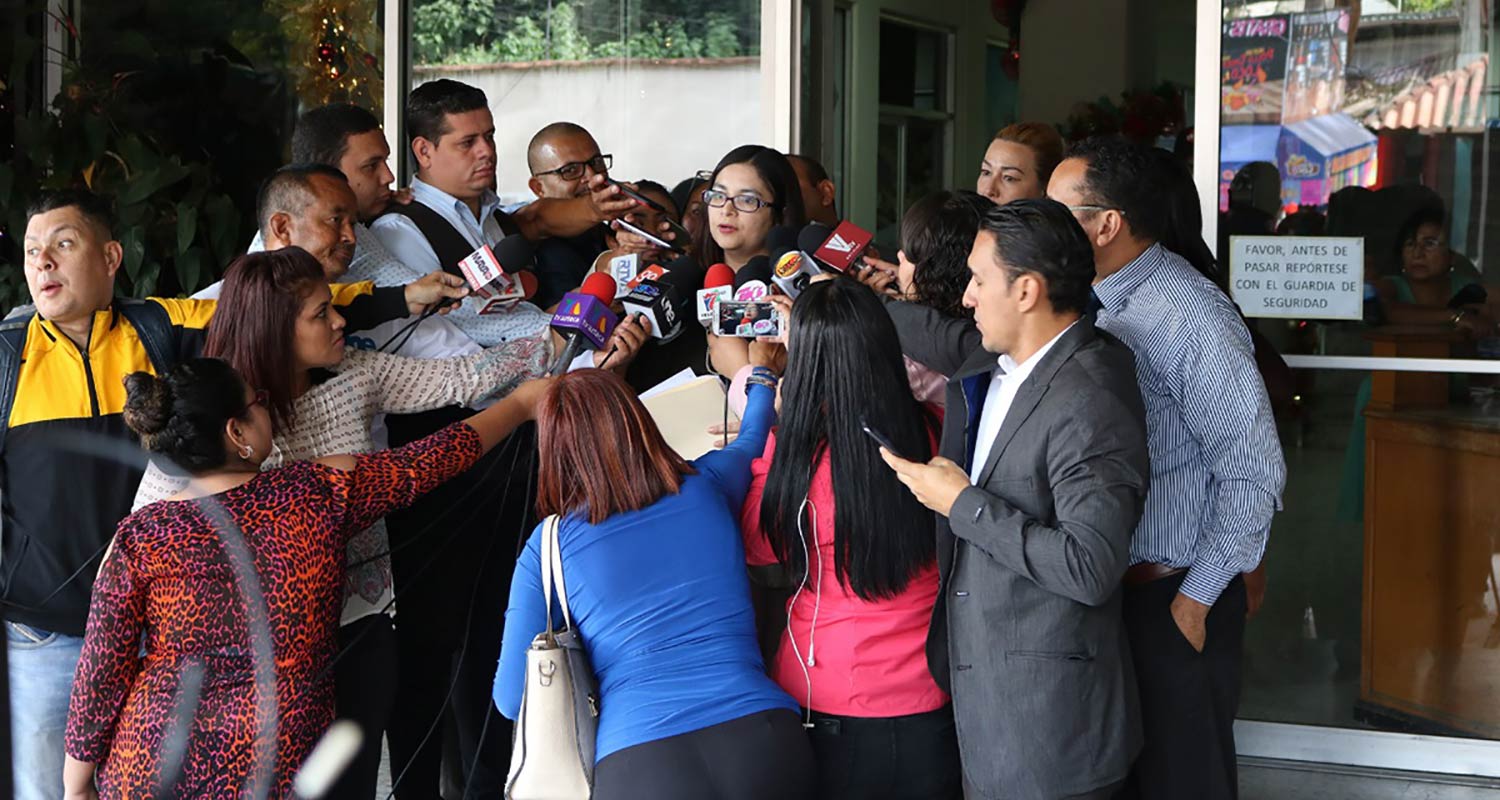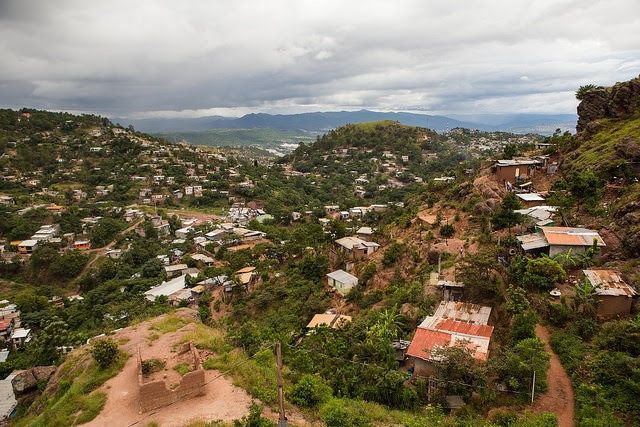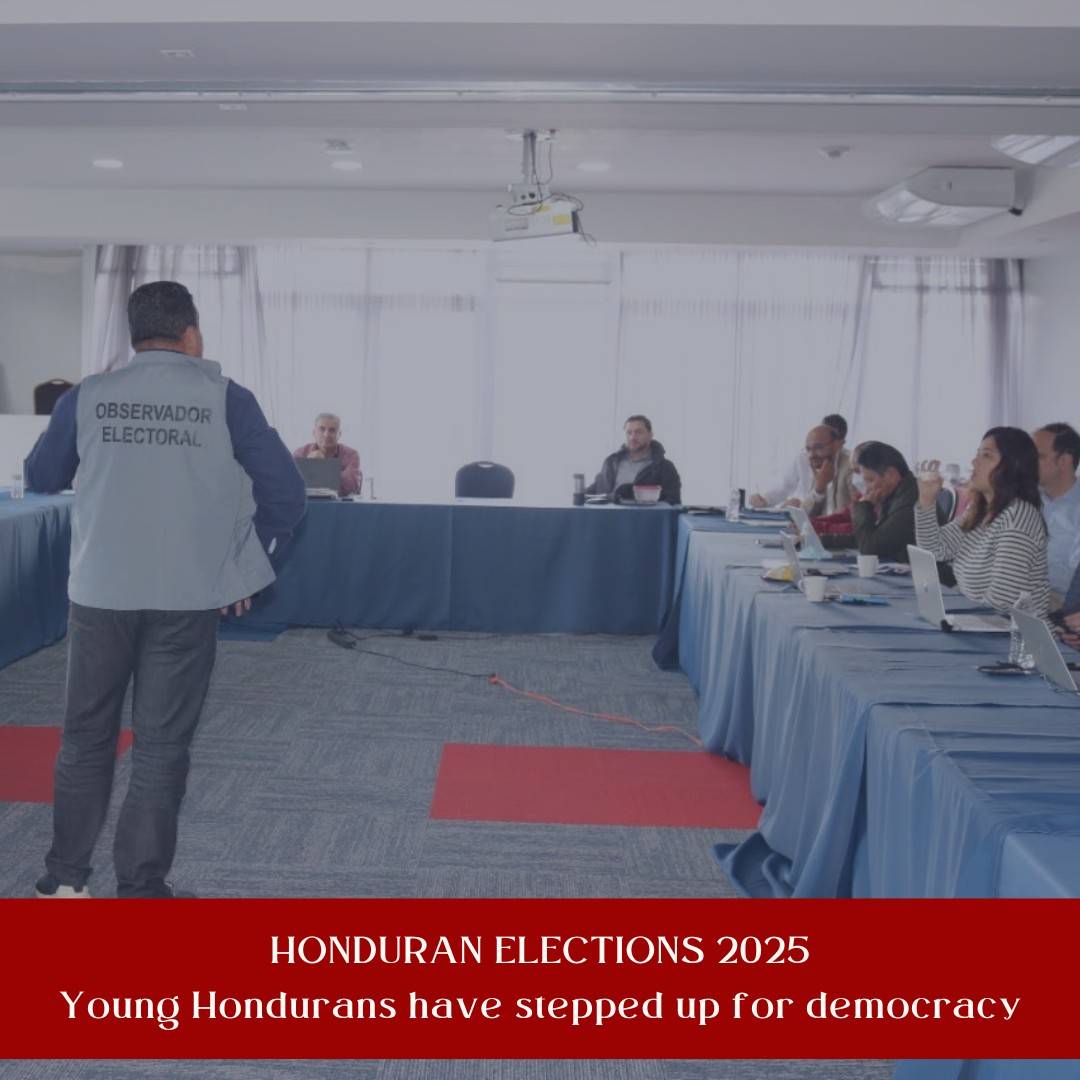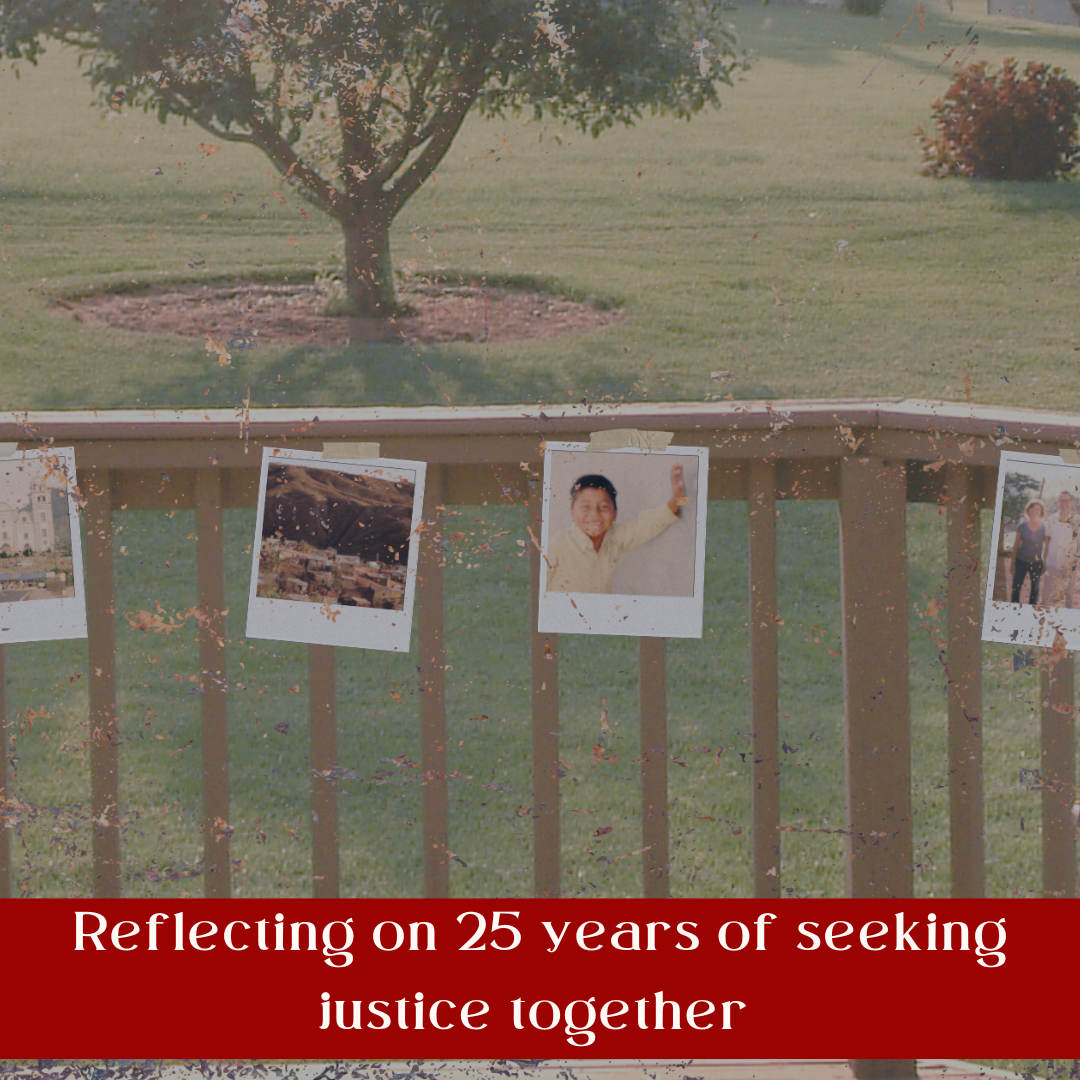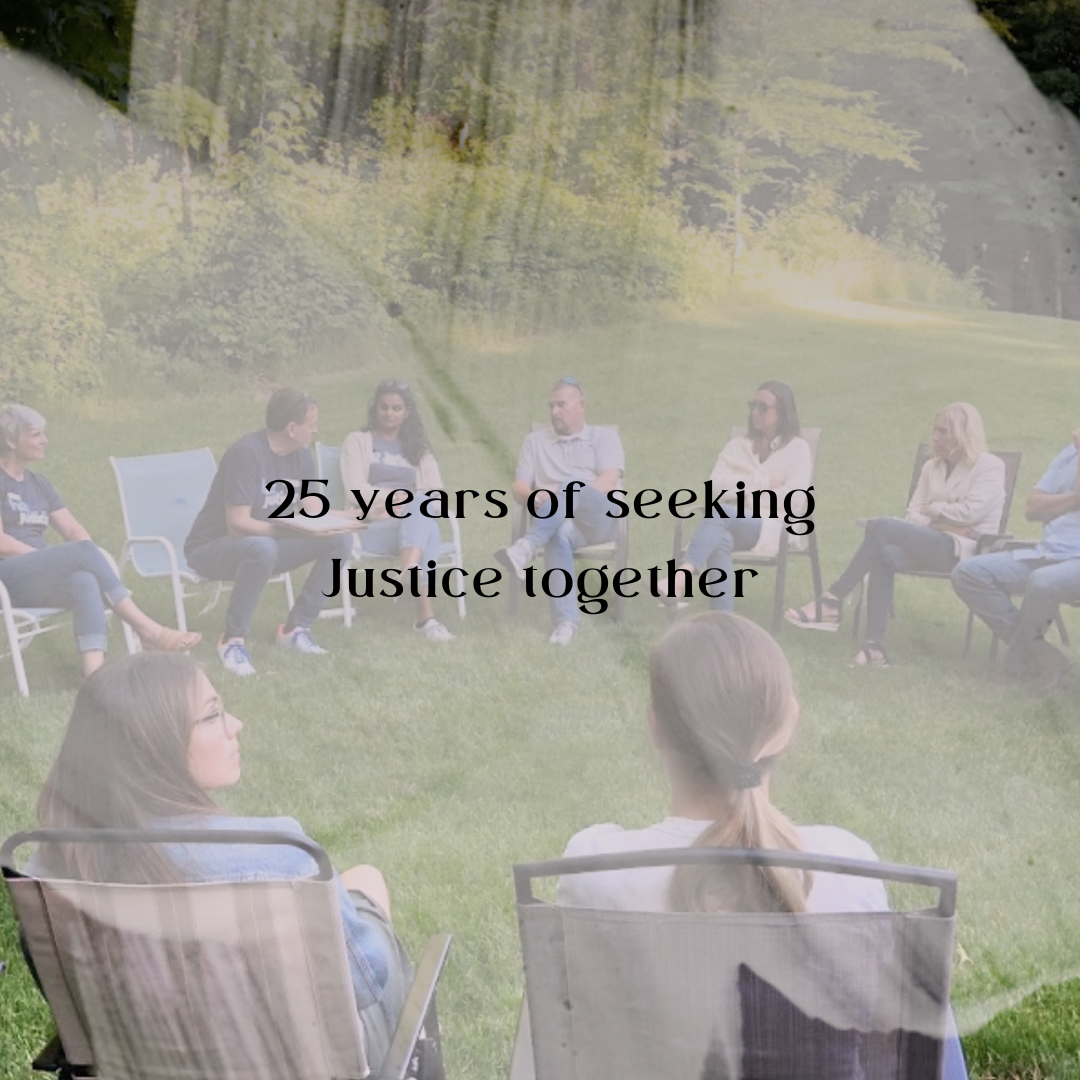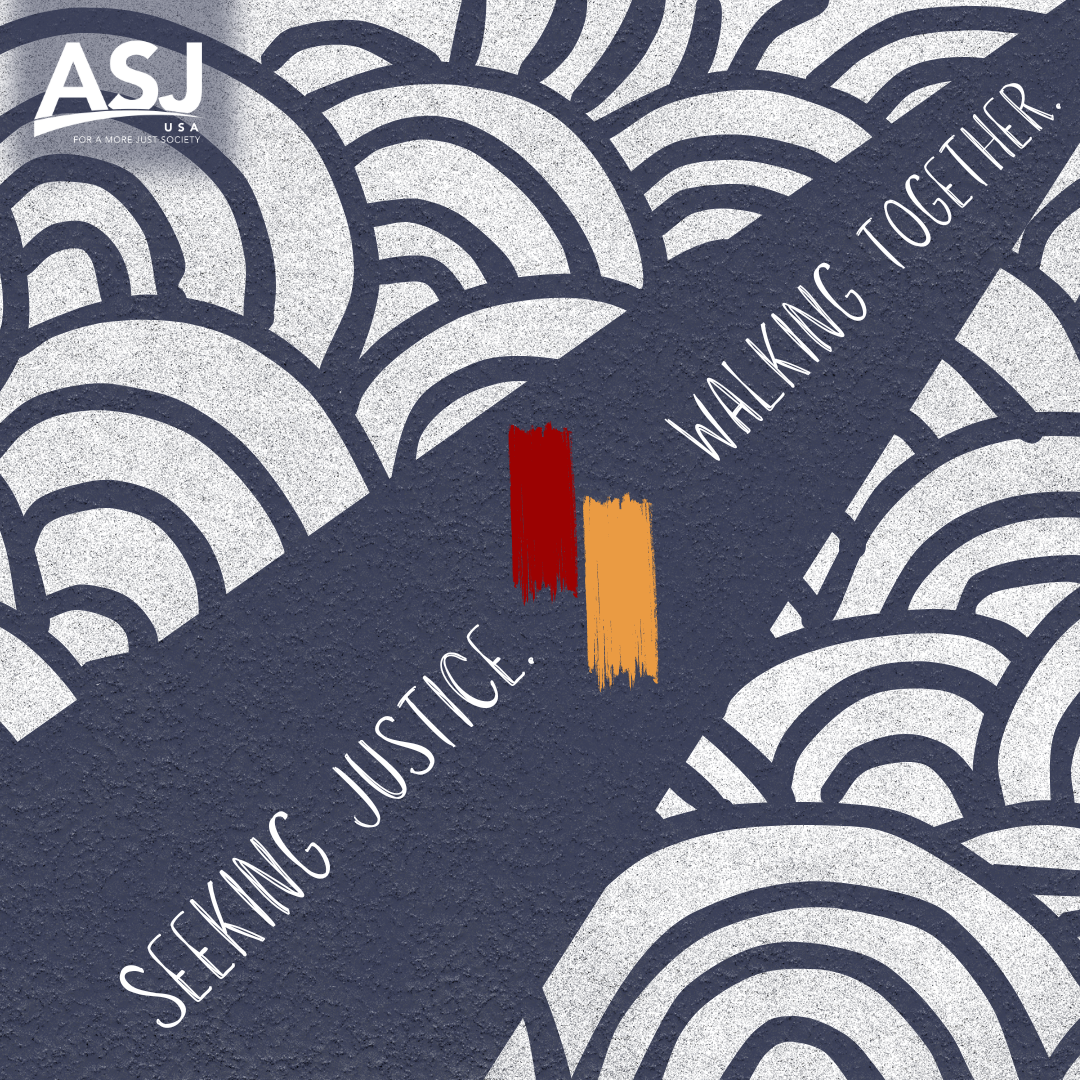November 27, 2018
- An ASJ study found that Honduras has lost as much as $200 million due to noncompetitive solar energy contracts
- Solar energy contracts were awarded to people with political and drug trafficking links and no experience in solar energy
- A business with proven connections to fraud and bribery in the public health continues to win government contracts, ASJ found
- A new online tool released by ASJ will make irregular government contracting like this easier to identify
Open Businesses” (Empresas Abiertas), a new anti-corruption tool launched by the Association for a More Just Society (ASJ, formerly known as AJS), is an online platform that allows anyone to search over 200,000 Honduran business registrations and identify each business’ partners, connections, and official registration documents.
The tool is the result of over two years of work by ASJ-Honduras, the Honduran chapter of Transparency International. The search tool gathers information from the Chambers of Commerce of Tegucigalpa and San Pedro Sula, Honduras’ two largest cities. All information is in the public domain, but previously, was only accessible through onerous in-person public information requests.
“What Open Businesses does is ensure that information that is public by law is also public in practice,” said Delia Ferreira, president of Transparency International, who traveled to Honduras to participate in the tool’s launch.
“We are saying internationally that we need to know who the real owners behind businesses are, and this tool allows us in Honduras to access this information with just three clicks on your computer.”
“It is an extremely useful tool for institutional investigators, for investigative journalists, and for business owners who want to know whether they are competing in an open process,” Ferreira continued. She also encouraged other Transparency International chapters to make use of the open-source tool.
Two investigations released by ASJ to coincide with the launch highlight the importance of Open Businesses for identifying and mapping criminal or fraudulent business networks. These studies illustrate irregularities in public contracting that have resulted in the loss of millions of dollars for the State and offer recommendations to make public contracting more transparent and effective in the future.
Overpaying for Solar Energy
Energy is more expensive in Honduras than in any other Central American country, while the state-owned National Electric Energy Company (ENEE) is currently running a deficit of approximately $458 million. “The financial situation of ENEE remains the primary fiscal challenge [in Honduras]…” the International Monetary Fund said in a June 2018 report. Contributing to these high prices are non-competitive and overvalued contracts with energy providers, particularly, one ASJ report showed, in solar energy.
On January 20th, 2014, the Honduran National Congress approved 23 contracts to 21 businesses to generate solar energy for the State. The companies were created, on average, just nine months before receiving government contracts – only two of these companies had ever participated in a previous bidding process for solar energy. Nor did the founders of these companies intend to manage them long-term: 17 of the 21 companies were sold within 15 months of receiving the government contract.
For example, ASJ’s study found that two individuals with political connections and no experience with solar energy opened 14 different solar energy businesses in August 2013, just five months before contracts were awarded. Six of these 14 companies were then awarded contracts, and the partners sold all six less than a month after receiving the contracts.
Because there was no competitive bidding process, these contracts were lucrative for the business owners. The Honduran Congress approved a base rate of $0.15 per kilowatt-hour (kWh) of solar energy, which, with added incentives totaled $0.18 per kWh. By contrast, in 2014 the Latin American average energy price was $0.11 per kWh. El Salvador currently pays just $0.05 per kWh. A competitive bidding process that achieved a price closer to Latin American averages could have saved Honduras between $50 and 200 million over the past three years.
On November 21st, 2018, ASJ delivered a report on irregularities in solar energy to the Attorney General’s office, asking for the Attorney General to investigate accusations of irregularities and fraud. The report was also delivered to the Support Mission against Corruption and Impunity in Honduras (MACCIH).
In a public presentation, ASJ called for criminal investigation and the end of direct purchasing in favor of an open bidding process. ASJ also called for the cancelation or re-negotiation of solar energy contracts so as to obtain a more competitive price for the country.
Read here: ASJ’s Full Presentation on Irregularities in Solar Energy Contracts
Fraudulent Supplier Continues to Sell to the State
The second study presented by ASJ found that a company continued to win million-dollar government contracts even after it was discovered that they had bribed a public official. In 2011, the company Tecnologías Médicas Avanzadas (TECMA) paid social security director José Ramón Bertetty a $240,000 bribe to approve the purchase of ten modified minibusses valued at $26,000 on the market but sold to Honduras’ Social Security Hospital as ambulances for $68,000 each.
The modified buses included a cot and storage place for medical supplies, but none of the medical and surgical equipment required for a functional ambulance. When news about the overvalued purchase and the bribe came to light in 2014, Bertetty was arrested. After a conviction for bribery in 2015, he is serving seven years in prison.
ASJ-Honduras Website Explaining the Social Security Hospital Scandal (Spanish)
Despite the criminal behavior surrounding TECMA’s 2011 sales to the government, TECMA continued to win government contracts in the health and emergency response sectors, totaling approximately $7.6 million between 2011 and 2017.
Honduras does not currently prohibit businesses involved in fraud from contracting with the state in future bidding processes, which allowed TECMA to continue to win government contracts even after bribing public officials to accept overvalued contracts.
In addition, analysis done through the Open Businesses platform revealed that members of the TECMA partners’ immediate family owned two additional businesses which competed with TECMA for these same government contracts. These additional businesses earned approximately $1.2 million in government contracts between 2009 and 2017.
ASJ delivered reports of this case along with the reports of solar energy to the Honduran Attorney General and to the MACCIH. ASJ staff called for investigation and widespread reforms in public contracting procedure, including the consideration of a new state contracting law and the creation of a “blacklist” that would prevent companies involved in corruption from continuing to contract with the State. Finally, ASJ directors encouraged the use of the Open Businesses tool to investigate collusion or corruption in public contracting in the future.
Read here: ASJ’s Full Presentation on Irregularities in Health Contracts
The corruption identified in these reports affects millions of Honduras who depend on public systems. “Corruption kills, and this is why we cannot remain silent,” ASJ-Honduras Executive Director Carlos Hernández said, “This is why we have to denounce it.”




